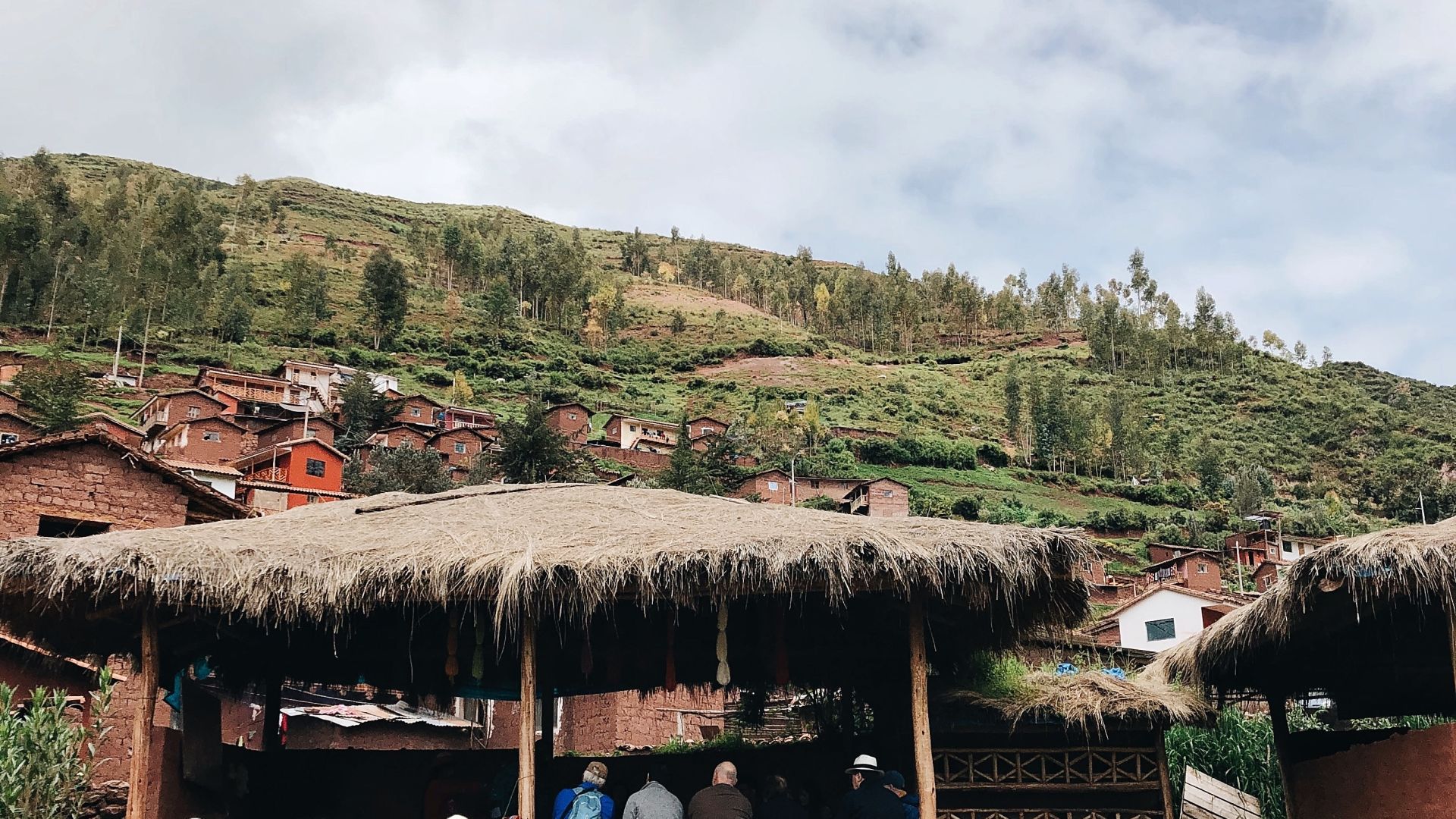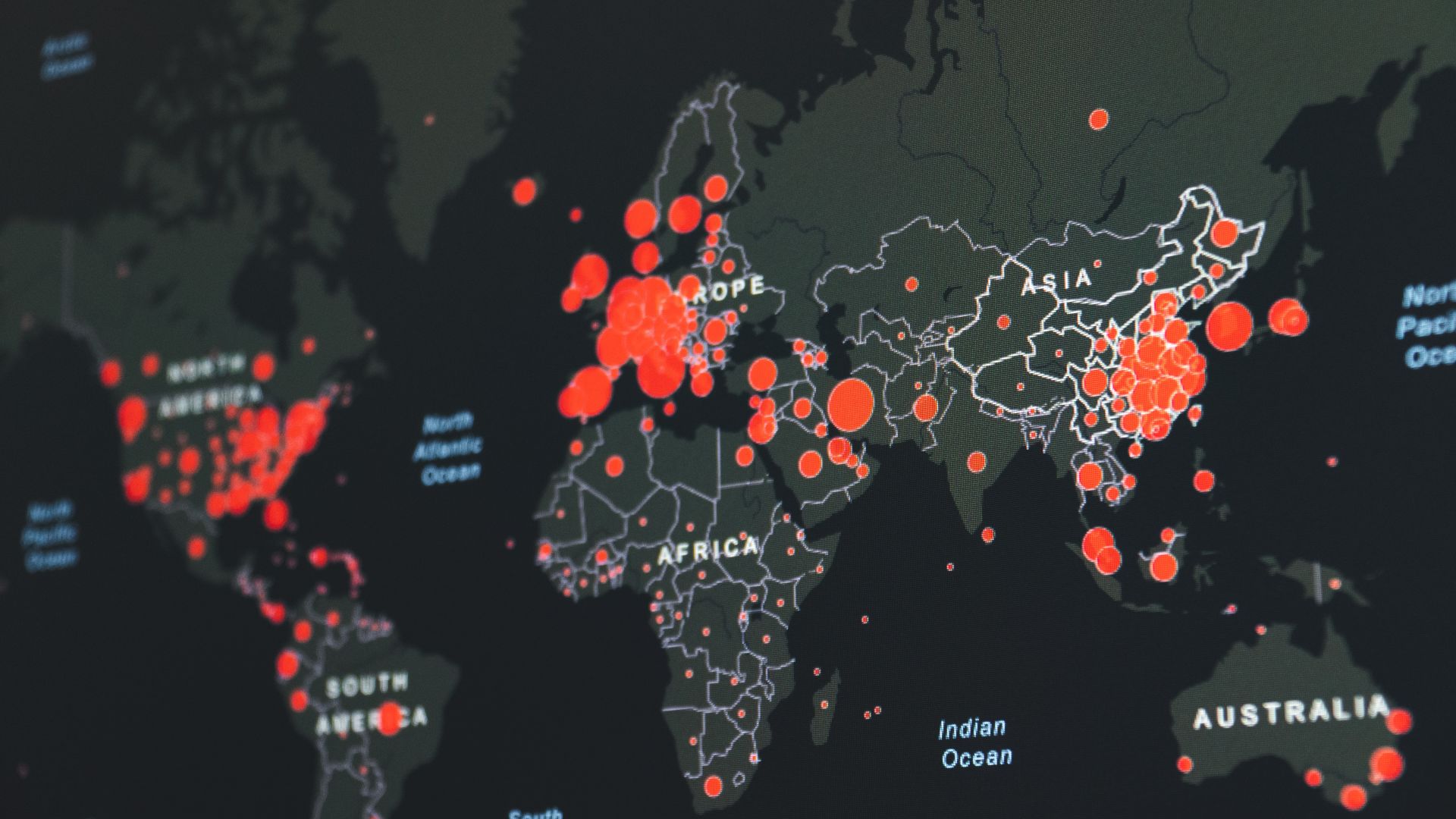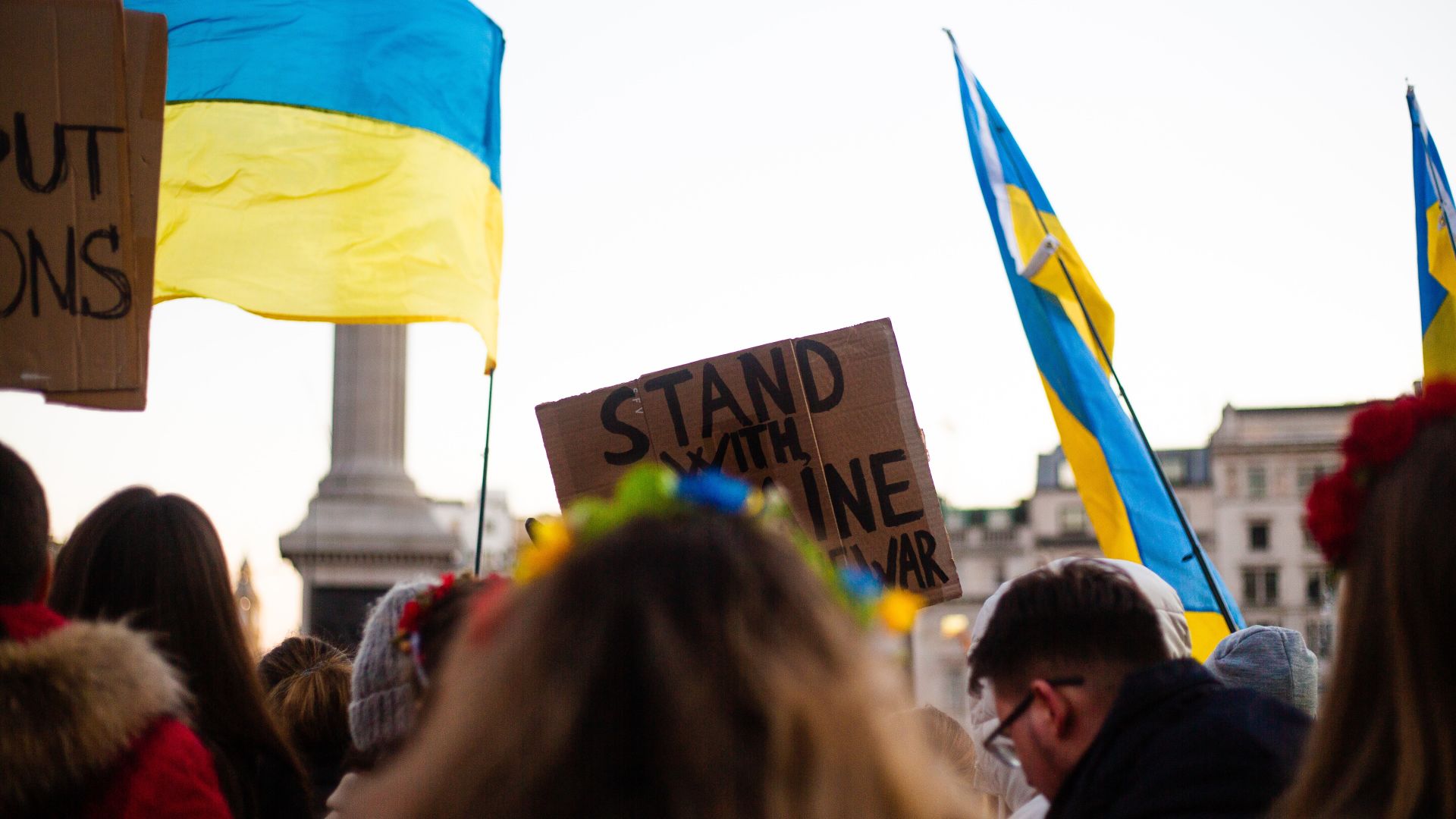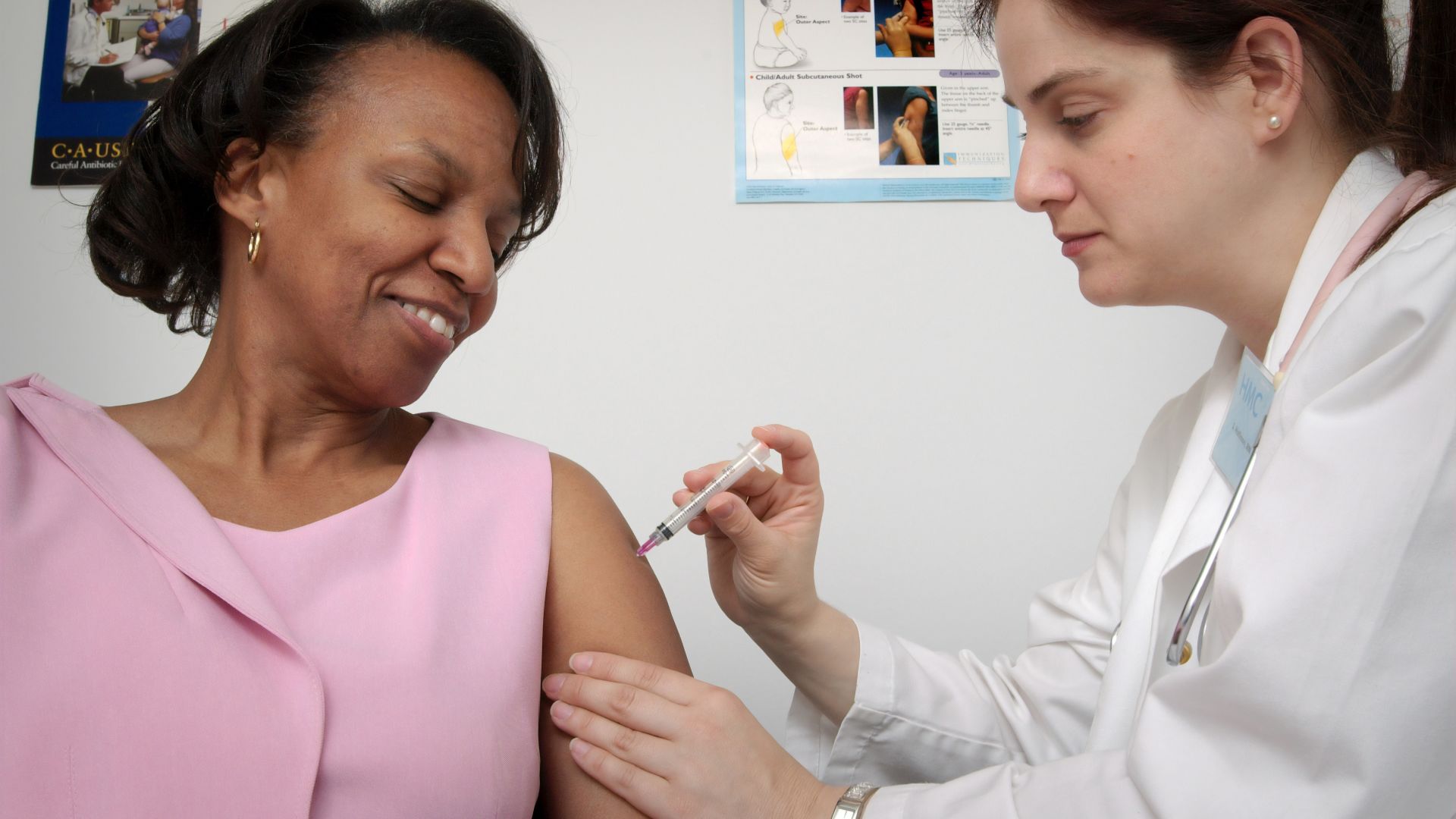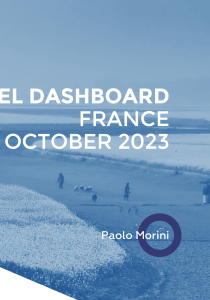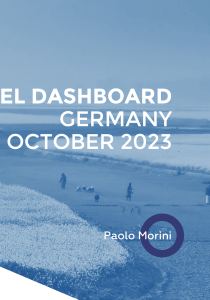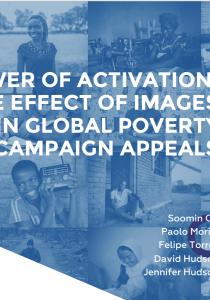
1. PURPOSE OF THE TOOLKIT
Understanding public opinion on global poverty is essential in France ahead of the April 2022 presidential elections. Insights on public awareness of development issues, and support for greater solidarity with poor countries can help actors that campaign around these issues with the French public, and those that want to meet with political parties to encourage them to integrate development issues as part of their presidential campaign work.
Using data collected in France in January 2022, the Development Engagement Lab and Focus 2030 prepared a toolkit to help in these efforts. Our insights are based on three kinds of data: (1) a survey measuring opinions, feelings and awareness of development issues, (2) an experiment on “messages” to identify the tones, themes and formulations that generate support or rejection with the French public, and (3) another experiment to identify the portrait of an ideal candidate based on their policy proposals around domestic and international issues.
2. KEY AUDIENCES OF THE TOOLKIT
Our toolkit focuses on five audience groups, including left-wing voters, right-wing voters, Macron supporters, young people, and development aid supporters, and we show them in Figure 1. We discuss our inclusion criteria below for each group, but it’s worth keeping in mind that these groups can overlap. For example, young voters or aid supporters are found among left-wing audiences, right-wing audiences, and Macron supporters. Nevertheless, as audiences of interest for the upcoming elections, each of these groups can be targeted by NGO campaigns, or they can be useful to understand what bring together supporters of different political movements.
Left-wing voters (19% of the sample)
We group together respondents planning to vote for Mélenchon, Hidalgo, Taubira, Jadot, Roussell, and Montebourg. Of all the political “groups” they are the most favourable to development issues and prove to be resistant to political projects that are too focused on the idea of national withdrawal (or reduction) of aid. Given the explosion of candidacies on the left, priorities and views can be different on specific issues dearer to the radical left, the ecologists, or to the social democrats.
Right-wing voters (39% of the sample)
They represent the largest part of the identified electorate. They are respondents who plan to vote for the traditional right candidate (Pécresse) or two candidates from the far right (Le Pen and Zemmour). Pécresse is more likely to understand the international dimension of certain issues but less inclined to international solidarity, and Le Pen and Zemmour explicitly promote a re-prioritisation of national interests and are strongly opposed to immigration.
Emmanuel Macron voters (18% of the sample)
They support the incumbent president, who is a favourite in the polls, and whose political positioning, officially neither on the left nor on the right, is particularly confused during this presidential campaign, with the "centre". These are voters who will favourably judge Macron's actions on women's rights, or in promoting France's place in the world, particularly in terms of international solidarity in times of Covid. It is an electorate that accepts the globalization of issues and responses, more for pragmatic reasons than out of altruism or generosity.
Young people aged 18 to 29 (14% of the sample)
Young people are not very interested in this election. A new phenomenon in this campaign, a certain percentage of them are attracted by far-right candidates, while positioning themselves in favour of international solidarity. They belong to a generation that has taken into account the global dimension of a number of issues: climate, pandemic, economy and energy, migration, etc.
Development aid supporters (56% of the sample)
They represent, par excellence, the category of French people most concerned with international solidarity. They know about ODA, its objectives, sometimes its amount, and are in favour of increasing its budget. That is to say that even if they are committed to the cause of development, it is important to know how to address them so that they can effectively promote international solidarity with other groups.
Our toolkit contributes to understanding these groups with insights on four topics: (1) subjects of priority that the groups would like to see debated during the presidential campaign (specifically to assess whether international issues are of concern to France) (2) their attitudinal profile on international issues (who can organisations talk with to promote the fight against climate change? Who supports development aid?), (2) influencers and messages that organisations can use to address and sensitize the group, and (3) ideal candidates and their policies. The toolkit and future publications will focus on campaign priorities, influencers, messages, and ideal candidates. In this blog, we will look a bit closer to the attitudinal profile of our audiences.
3. INSIGHTS ON THE AUDIENCES: AID, FEMINIST DIPLOMACY, TAXES FUND THE FIGHT AGAINST FIGHT CLIMATE CHANGE
To better understand these groups, we look at their attitudinal profiles which reflect the priorities of DEL’s project Partners.
Support for official development assistance
Should the amount of aid be increased, maintained or reduced? Should donors or recipients benefit most from aid? Although these are perhaps “lesser” issues in the political campaign, it is a crucial question in terms of international solidarity, and the support of the French people for this public expenditure is proving to be decisive in motivating the commitment of political leaders.
Figure 2 compares the groups by looking at the percentage of respondents who support aid (which we define as those who think that French aid expenditure should increase or be kept at current levels). Both Macron supporters and left-wing voters show the highest levels of support for aid. On the other hand, 42% of right-wing voters support aid.
Figure 3 compares the groups by looking at respondents’ preferences for who should primarily benefit from aid expenditure. Poor countries are the priority beneficiaries for left-wing voters, and, relatively to the other two categories, for Macron supporters. For 28% of right-wing voters, instead, higher priority should be given to French interests when the French government allocates aid.
Support for France's feminist diplomacy approach
Figure 4 looks at the percentage of respondents within each group who support the feminist diplomatic approach adopted by France. A majority of all groups support feminist diplomatic approaches to promote women’s rights, and is highest among Macron supporters, at 73%.
Opinions on a tax fund the fight against climate change
This proposal would allow to increase the resources for France to tackle climate change without increasing the taxation of most French people. Figure 5 looks at the percentage of respondents within each group who support a tax on financial transactions to fund the fight against climate change. Support on this measure is highest among left-wing voters (79%), but majority of Macron supporters are against it (46% of Macron supporters are in favour of the tax).
You can get more information on these and many more insights on the five audiences, their thoughts on more international cooperation issues, and their ideal candidates in the toolkit. You can download the toolkit on “Campaigning for development” in the context of the presidential election on the Focus 2030 website.
With the first turn of the elections taking place on Sunday, April 10th, the second turn two weeks later, and the parliamentary elections taking place in June, knowing more about French public opinion will help NGOs and charities campaign both to raise the profile of these issues in the political debates, and to commit politicians to work to tackle global inequalities and fight climate change.



